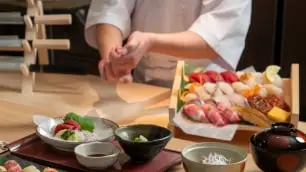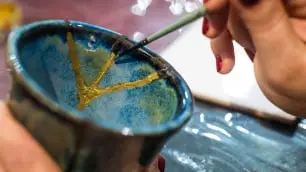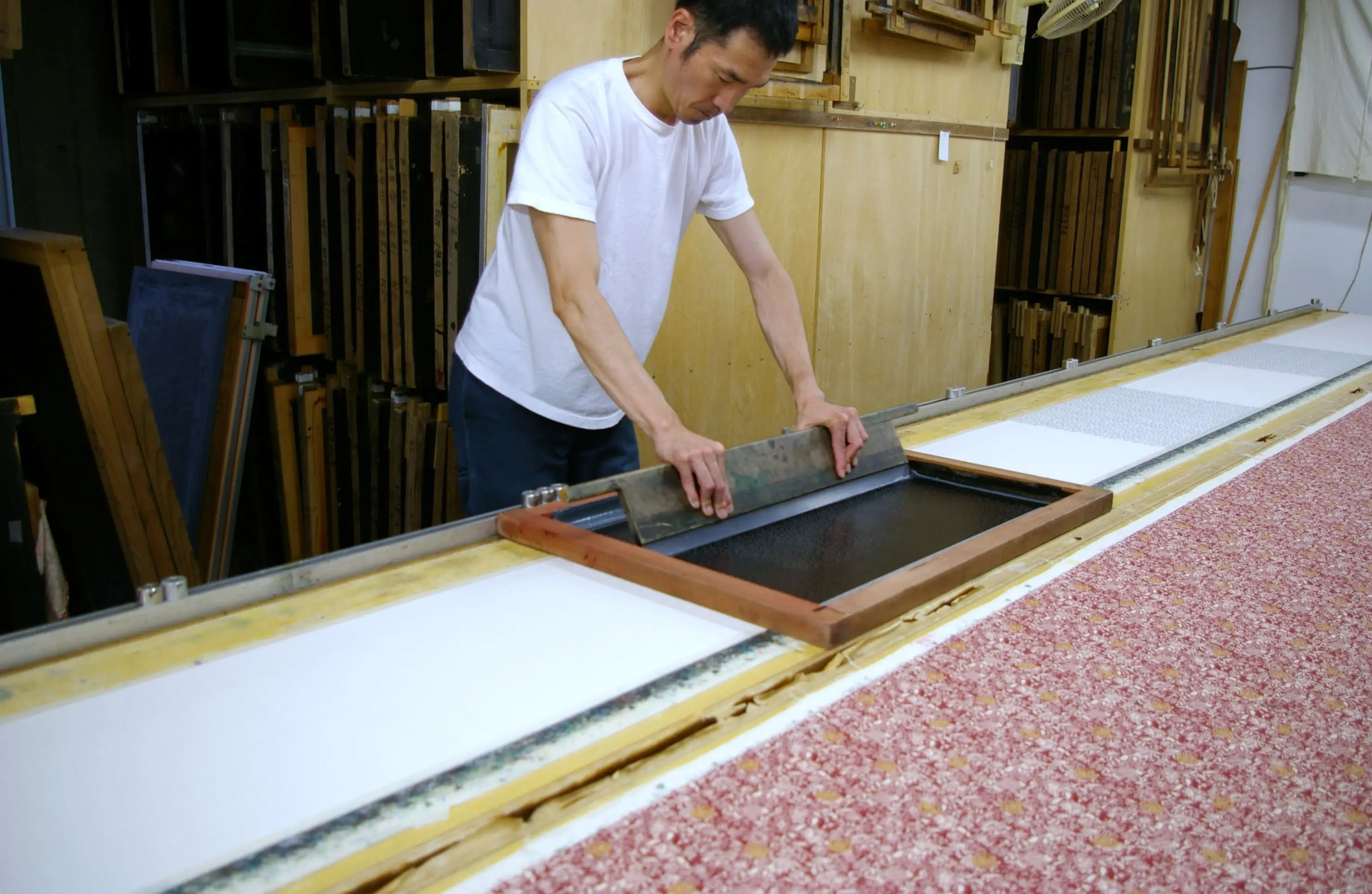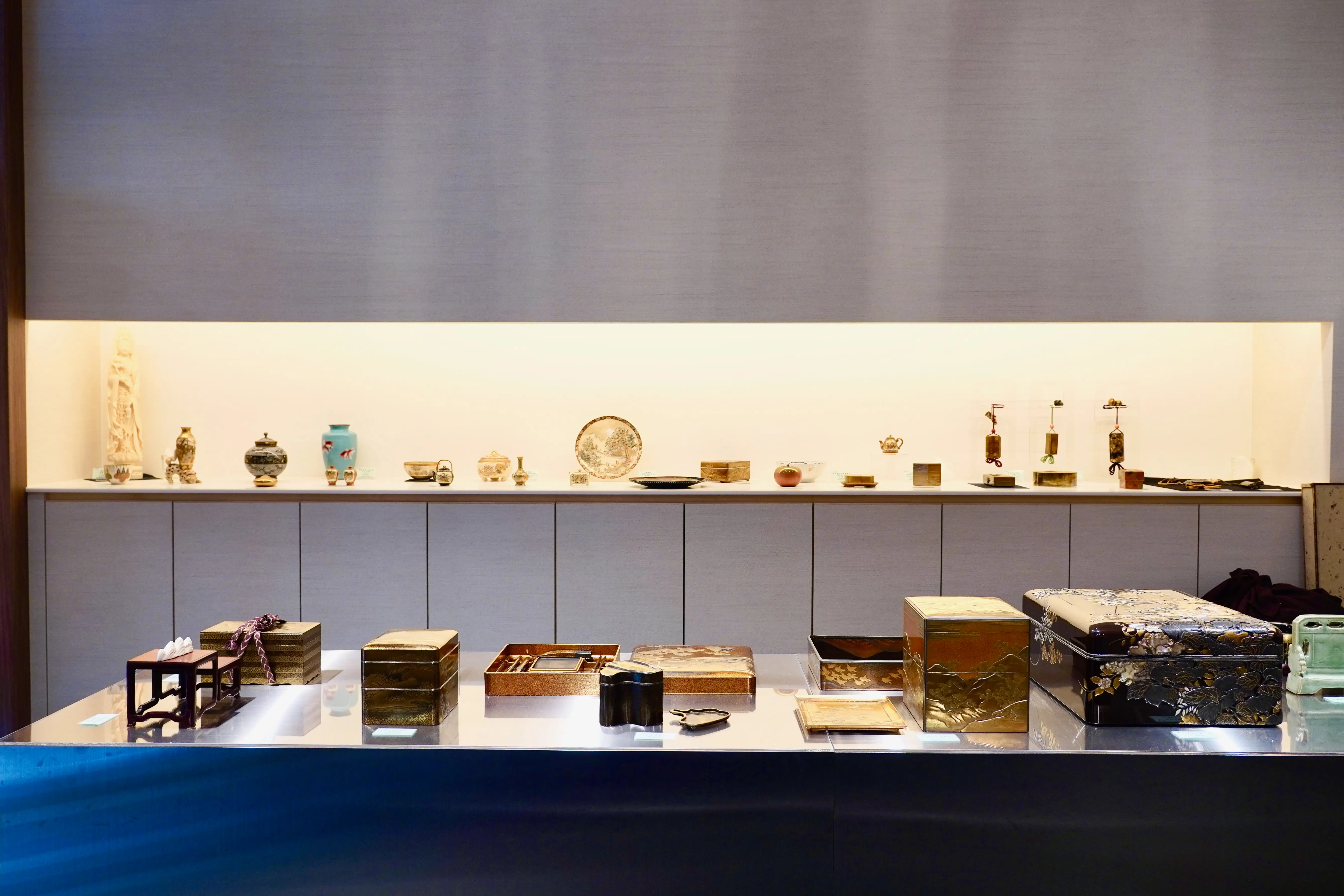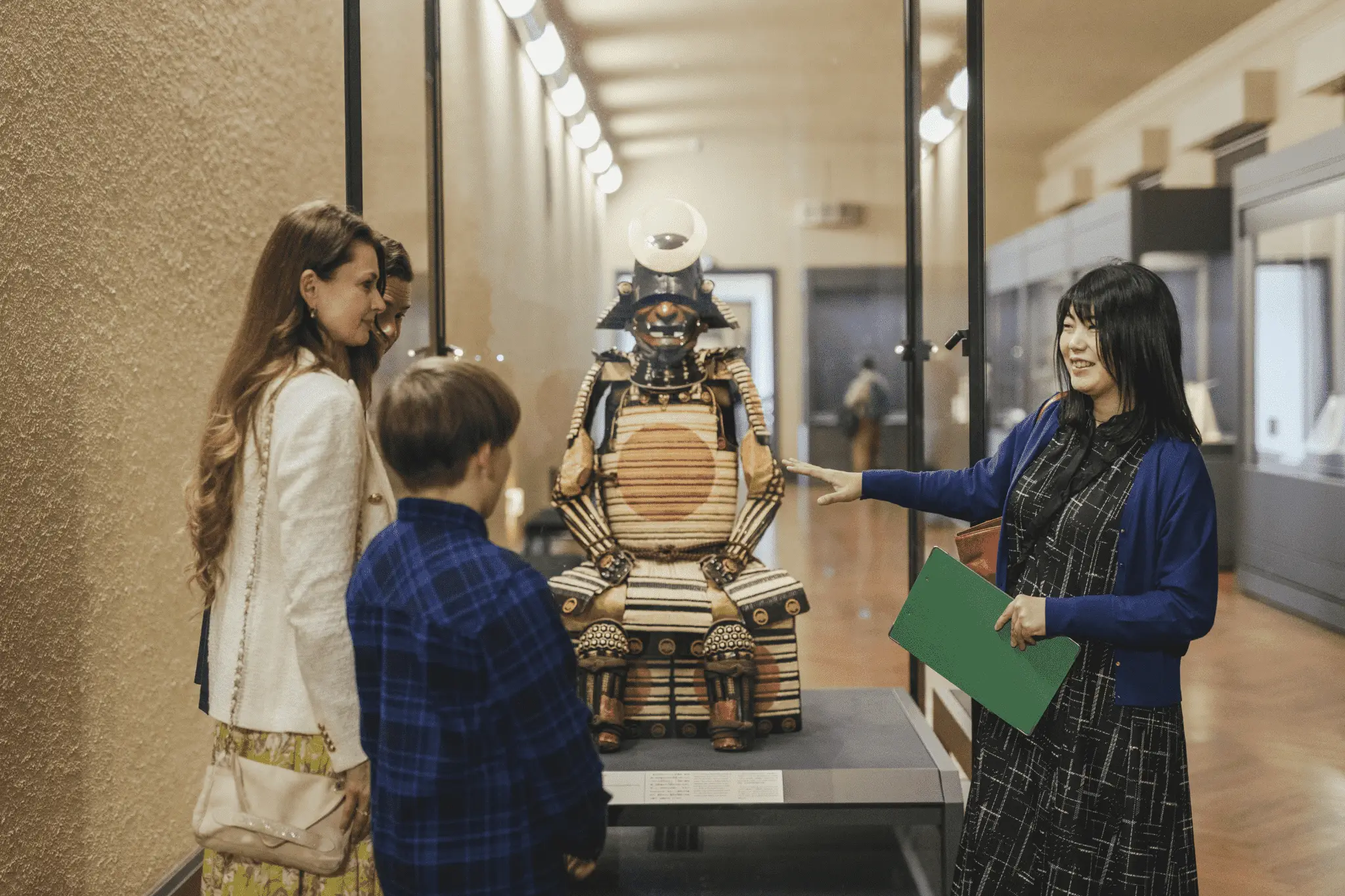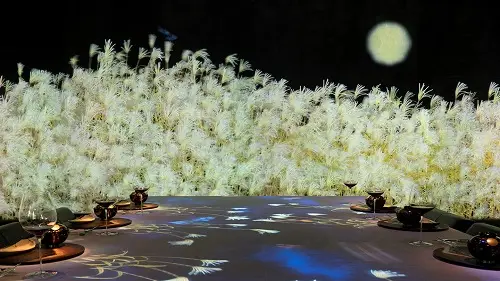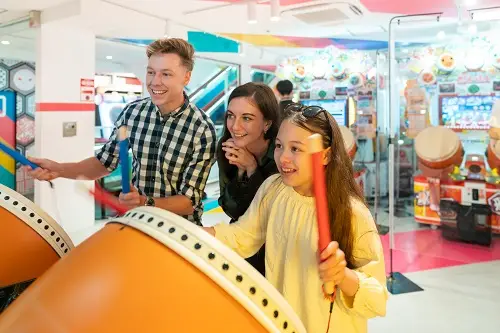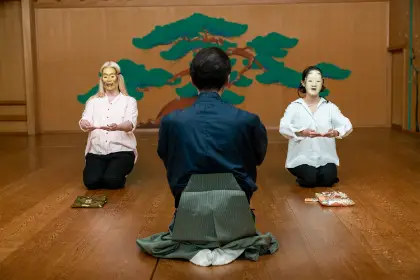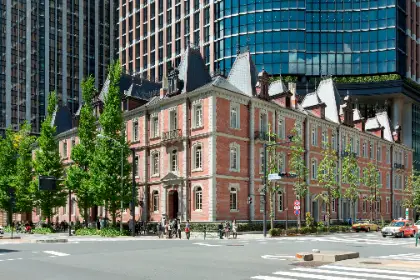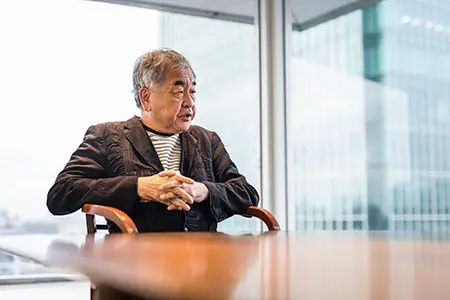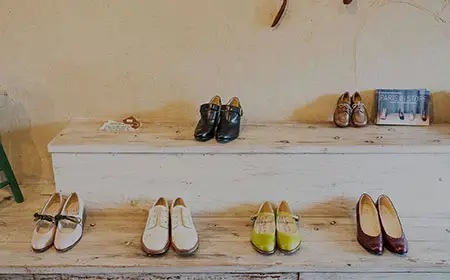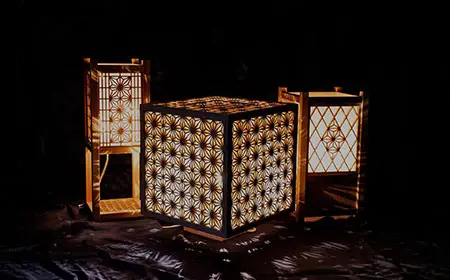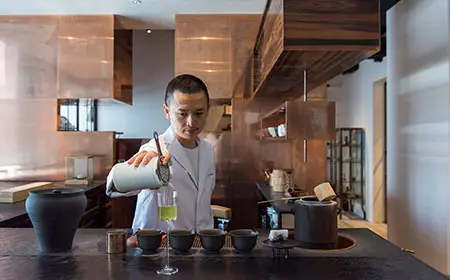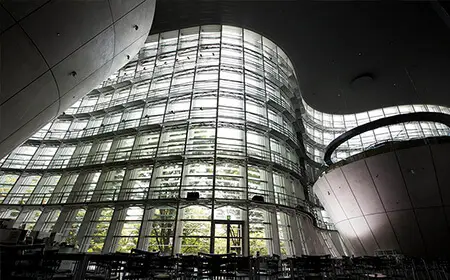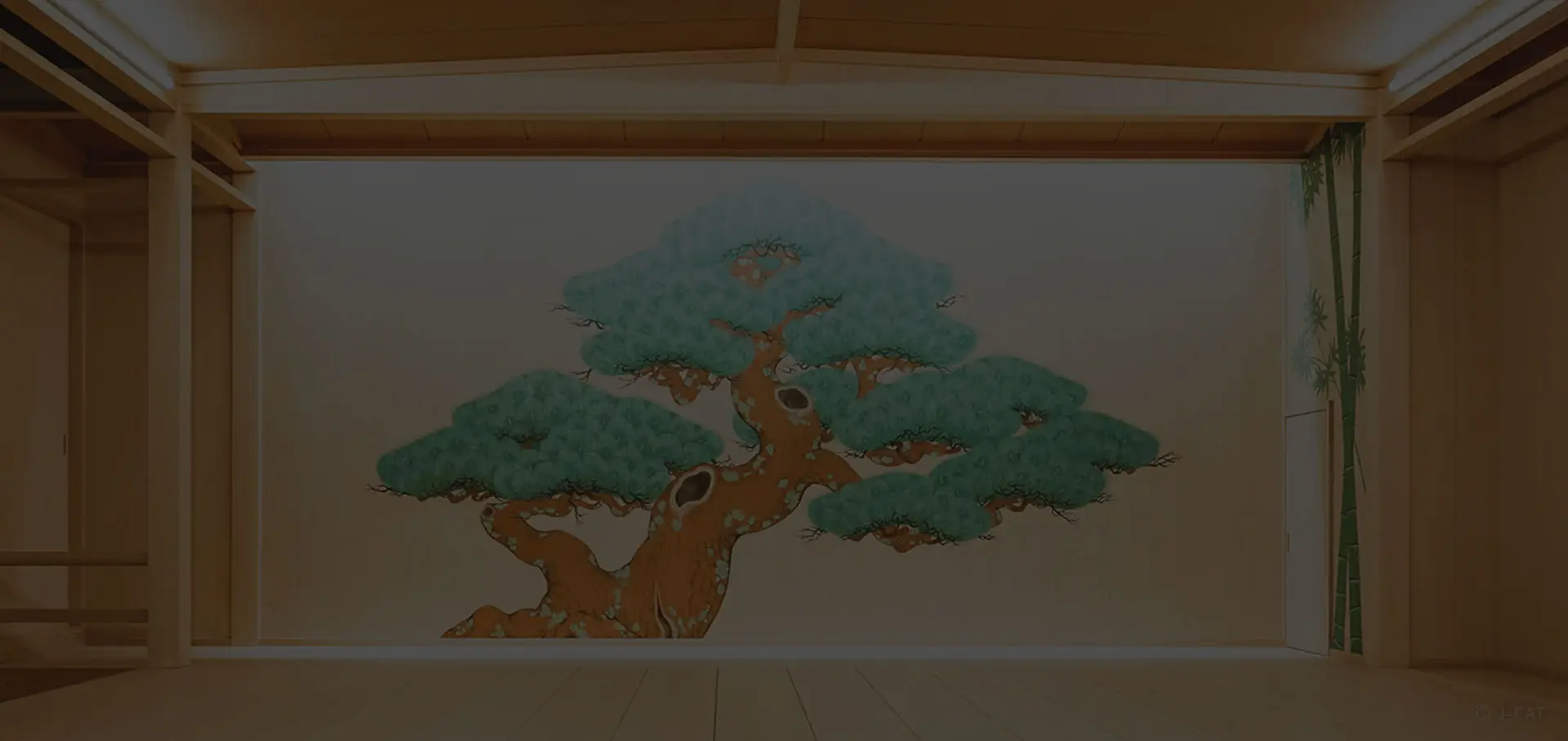
PRICELESS CULTURAL EXPERIENCES
Often inaccessible to travelers on a truly meaningful level, every now and then exclusive opportunities arises for well-connected visitors to fully indulge in the most enchanting traditions of Japan. Here we introduce some of the very same.
December 2023
01. Setagaya Nagayama Noh Stage
With 700 years of history, the traditional theatrical form of Noh is just what you might imagine of classical Japanese culture: dignified, spiritual, highly refined, and mysterious.
Keizo Nagayama, a lead performer in the fifth generation of the Kanze school of Noh, is dedicated to conveying one of the world's oldest performing arts, the pride of Japan. Hence his custom-built private theater: the Setagaya Nagayama Noh Stage. By experiencing Noh for yourself, you can feel the unique spirit and aesthetic sensibilities cultivated in Japan.
And as an official bearer of the "Important Intangible Cultural Property" of Noh, Nagayama is active on the forefront of the stage in Japan. Booking his private performance and interactive introduction to Noh allows you to experience and explore the practice, don the costume for yourself, and learn the thinking behind what can be a truly mysterious performance. An exclusive opportunity and rich cross-cultural experience that most can only dream of.
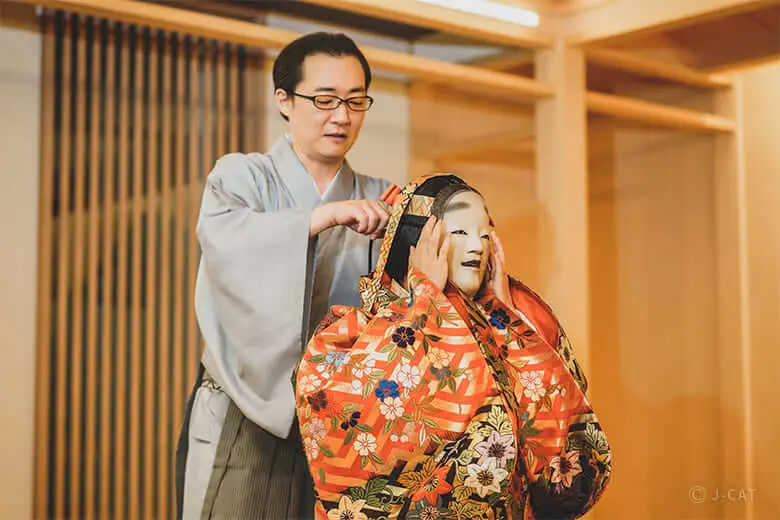 © J-CAT and related descriptions are © Japan Culture and Technology, Inc. All rights reserved. This website is licensed by Japan Culture and Technology, Inc. for the images and descriptions.
© J-CAT and related descriptions are © Japan Culture and Technology, Inc. All rights reserved. This website is licensed by Japan Culture and Technology, Inc. for the images and descriptions.
02. Rimpa Sumie Heritage Club
Brushwork, be it painting or calligraphy, is another window to the soul of Japan. As a practice with such deep roots and rich history, an authentic entry to its world requires the right introduction. The highly regarded Rimpa Sumie Heritage Club is committed to preserving and passing on the Edo Rimpa style originating in Tokyo. They provide this initiation in upscale Omotesando, frequently instructing embassy representatives and foreign VIPs.
Discerning visitors can practice the style of Nihonga painting that club instructors inherited from the late sixth-generation master of the Sakai family that founded the school. Painting colorful Japanese themes using all-natural materials unlocks a treasure-trove of artistic heritage. Alternatively, taking a Meditative Ink Painting class one might glimpse the Zen quality of the deceptively simple Japanese calligraphy.
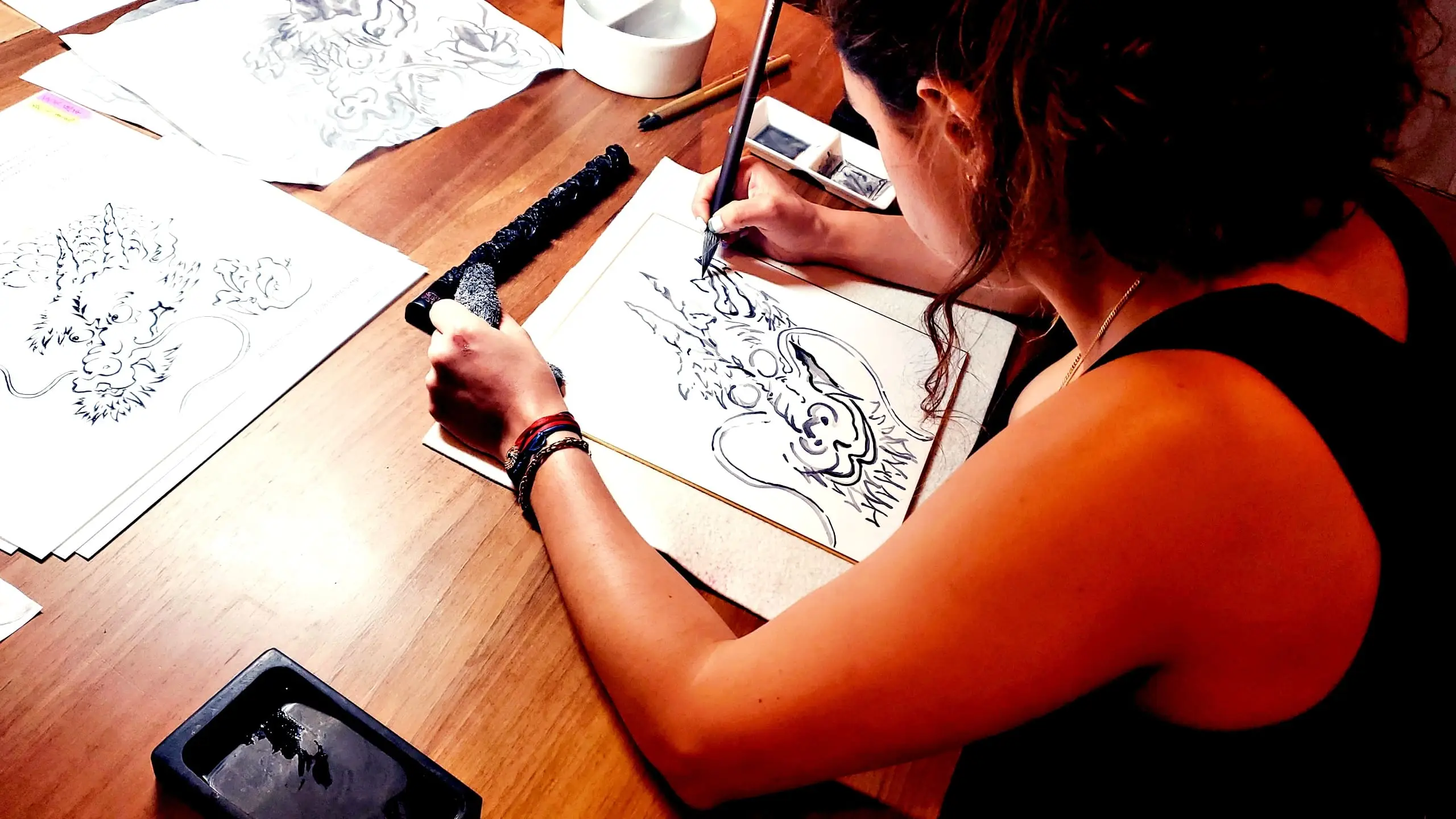
03. Some-no-Sato Ochiai
The practice of Edo Sarasa hand-dyeing is a traditional Japanese craft with deep roots in Tokyo (formerly "Edo"). Built on waterways ideal for dyeworks, Edo was a birthplace of the techniques and fashions that now epitomize the sophisticated elegance of Japanese tradition.
At the workshop called Some-no-Sato Ochiai by the Myoshoji River, indulge in a genuine Edo Sarasa fabric printing experience with rare English instruction. Preserving a heritage of more than 100 years, the masterful artisans of Some-no-Sato Ochiai readily share their art with visitors, either for groups, or exclusive private bookings to have the master's attention and expertise to oneself.






